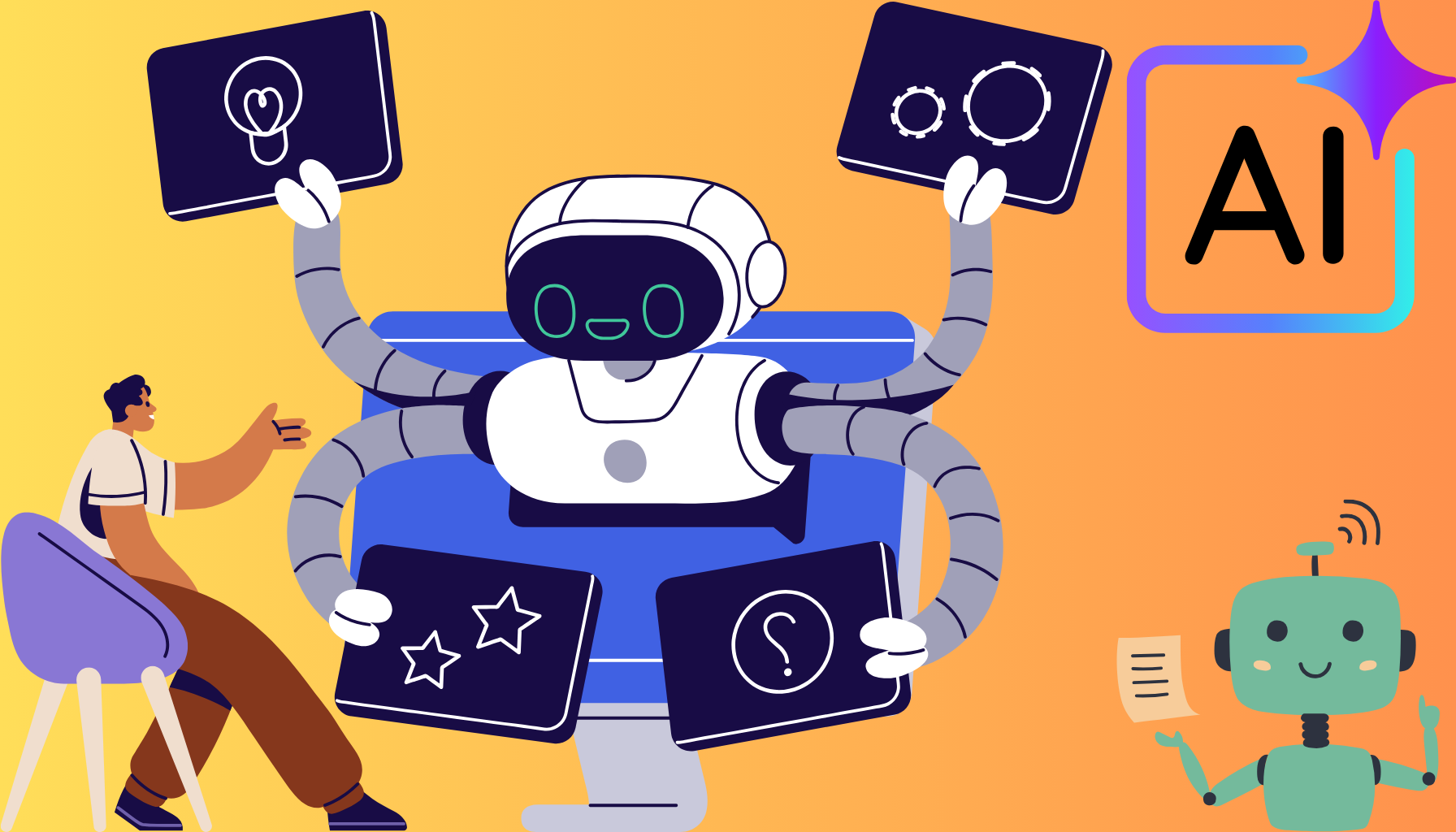
10 Best Practices for AI Agent Development for Startups
AI Agent development offers a strategic lever for startups. Startups operate under tight constraints—limited capital, short runways, and intense pressure to demonstrate traction quickly. Yet, AI agents ability to automate, learn, and scale operations with minimal human intervention adds leverage to a startups execution capabilities. Whether it’s handling support tickets, enriching customer data, or streamlining internal workflows, AI agents can reduce burn and extend your team’s capacity. AI Agent Development isn’t just about writing prompts or plugging in APIs. It requires thoughtful design, iteration, and architecture, especially for startups who can’t afford to get it wrong. Below are 10 practical best practices every startup team should follow to maximize the impact and minimize the risk when building AI agents.
1. Start with a Specific Use Case for AI Agent Development
Instead of “Let’s build an AI assistant,” ask, “Can we automate customer onboarding emails that require repetitive decision-making?” Focus on high-impact, low-risk tasks that are rule-based but require some contextual understanding.
2. Use Open Source and API-First Tools
Leverage open-source frameworks (like LangChain, Haystack, or AutoGen) and proven APIs (OpenAI, Cohere, etc.) instead of building from scratch. These tools allow you to go from prototype to proof-of-concept in days, not months, saving you time and money.
3. Design for Human-in-the-Loop
Embed approval workflows early in your agent lifecycle. For instance, AI-generated emails should be reviewed before sending until performance is consistently reliable. This protects your brand and builds internal confidence.
4. Define KPIs from Day 1
Whether it’s average response time, accuracy rate, or cost per inference, define what success looks like. Use those metrics to guide iteration and make go/no-go decisions.
Read this blog to track 5 metrics for your AI Agents :
5. Leverage Small Language Models (SLMs)
SLMs like Mistral, Phi-3, or OpenLLaMA offer faster inference at lower cost, which is crucial for startups operating at scale. Use large models such as ChatGPT only where necessary—such as reasoning or edge-case handling.
6. Build Modular, Composable Agents
Your startup’s needs will evolve. Don’t hardwire logic or data pipelines. Instead, create agents that use modular skills (e.g., fetch data, summarize, respond) and can be recombined for different workflows.
7. Cache Responses and Use Embeddings
For tasks like document Q&A or chat-based interfaces, caching common queries and using vector stores for fast retrieval can save compute time and provide consistent user experiences.
8. Integrate with Existing SaaS Tools
Rather than rebuilding workflows, create agents that work within existing systems. For example, an agent that summarizes new leads in HubSpot and posts to Slack can be built in a few days and generate immediate ROI.
9. Test with Real Users Early
Early feedback helps surface edge cases, missing context, and confusing behaviors. Even a small pilot group using the AI agent in real conditions can help you avoid launch-day failures.
10. Plan for Privacy and Governance
Ensure your agents are designed with secure API access, audit logging, and data minimization practices. You may not be enterprise-ready yet, but future-proofing your design will save massive refactoring later.
Conclusion: Smart AI Agent Development Can Be a Competitive Advantage
Startups are in a race—against time, against better-funded competitors, and often against market inertia. Well-designed AI agents allow you to do more with less: reduce customer support load, improve product responsiveness, and iterate faster without increasing headcount.
At Loves Cloud, we help startups accelerate this journey by building custom AI agents, optimizing cost-performance trade-offs, and ensuring integration with your existing workflows. From rapid prototyping to secure deployment, our team brings deep expertise in AI development, cloud automation, and real-time optimization.
Ready to extend your team with AI agents? Let’s build it together.

